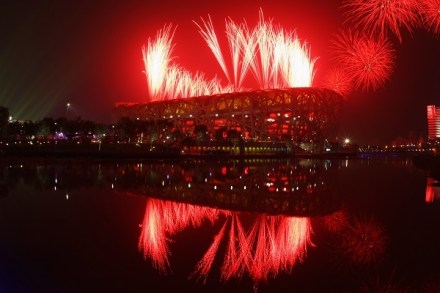Why watching Britain’s Got Talent is like giving yourself a lobotomy
TelevisionThe kids are back for half-term so we’re having to watch absolute crap again on TV. Monday night, I wanted to watch The Fall (BBC1). But I couldn’t, obviously, because Britain’s Got Talent (ITV1) was on. ‘Dad! Dad! You’ve got to see this!’ So I come in to see what I’ve got to see and





















